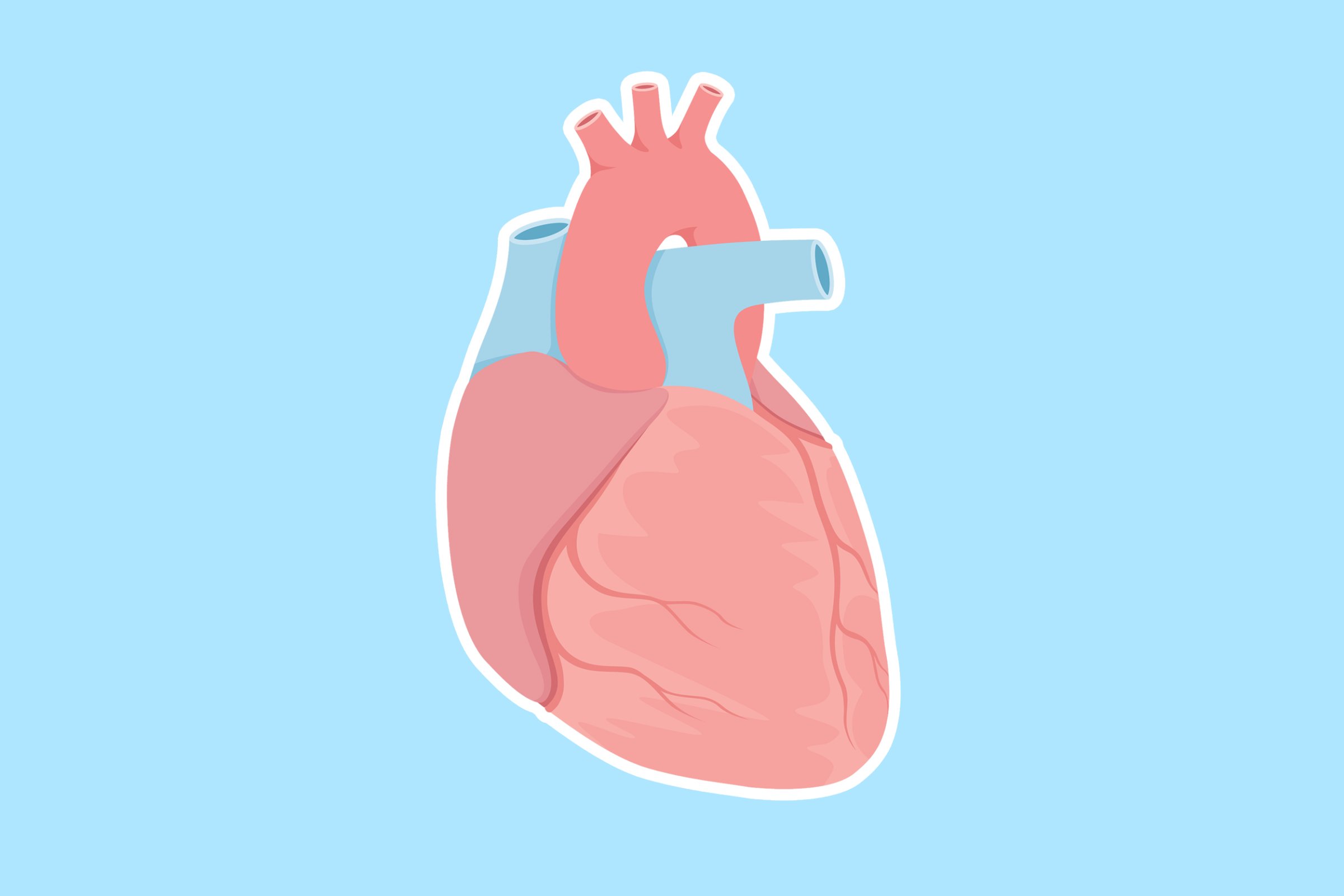
A growing body of research is showing that the death or loss of a person close to you can not only feel like heartbreak—it can actually cause physical changes that can lead to serious heart problems. A new study finds that people whose partner dies are at a significantly higher risk for atrial fibrillation, or irregular heart beat, and that the effects are lasting.
Researchers have long studied a phenomena called stress cardiomyopathy, or broken heart syndrome, which is when a highly stressful event, such as the death of a spouse, causes a person to feel like they’re having heart attack. This can include shortness of breath and chest pain, but without the telltale blocked arteries. Experts suspect a surge of stress hormones that are trigged by an emotional event could be responsible. In the new study, published in the journal Open Heart, the researchers looked at whether losing a partner could also contribute to a higher risk for atrial fibrillation, and if so, how big that risk is.
The team looked at a national registry in Denmark of 88,600 people who were diagnosed with atrial fibrillation. They found that people who had lost a partner were 41% more likely to develop atrial fibrillation in the first month after losing their partner compared to people who hadn’t. A higher risk for the condition continued for a year. They also found that the risk was especially high for younger people, and in people whose partner died suddenly or unexpectedly.
“This study adds evidence to the growing knowledge that the mind-heart link is a powerful association and further examination is warranted,” says study author Simon Graff, a researcher in the Department of Public Health at Aarhus University. “Broken heart syndrome is a different disease with a whole other pathology, but some of the pathophysiological mechanisms might be the same. [Like] surges in hormones that facilitates inflammation and imbalance in the uncontrollable parts of our central nervous system.”
Harmony Reynolds, a cardiologist at NYU Langone Medical Center has also studied the relationship between stress and the heart says the link is well recognized in the medical community, but what can be done about it is still under investigation. “We can’t stop stressful situations from coming up in our lives but there may be ways to change the way stress affects our bodies,” she says. “Several things can increase parasympathetic nervous system activity, such as regular exercise, meditation, yoga and deep breathing. These activities all have other health benefits anyway—especially exercise—so they are easy to recommend even though I can’t be at all sure that they could affect risk.” Reynolds was not involved in this study.
Quiz: We Can Guess Your Major Based on Your Style
Sometimes the condition isn’t spurred by grief, but other stressful situations, like the excitement that can accompany a big sports win.
The new study, while large, cannot confirm that the feelings of loss directly caused atrial fibrillation among those in the study. Still, it’s not the first to suggest that severe life stressors can spur problems in the heart. “Right now our work can only point to an association, but we hope to help make a shift in society’s mindset—that a time of grief is not only a mental state but maybe also physical,” says Graff.
More Must-Reads from TIME
- Donald Trump Is TIME's 2024 Person of the Year
- Why We Chose Trump as Person of the Year
- Is Intermittent Fasting Good or Bad for You?
- The 100 Must-Read Books of 2024
- The 20 Best Christmas TV Episodes
- Column: If Optimism Feels Ridiculous Now, Try Hope
- The Future of Climate Action Is Trade Policy
- Merle Bombardieri Is Helping People Make the Baby Decision
Contact us at letters@time.com